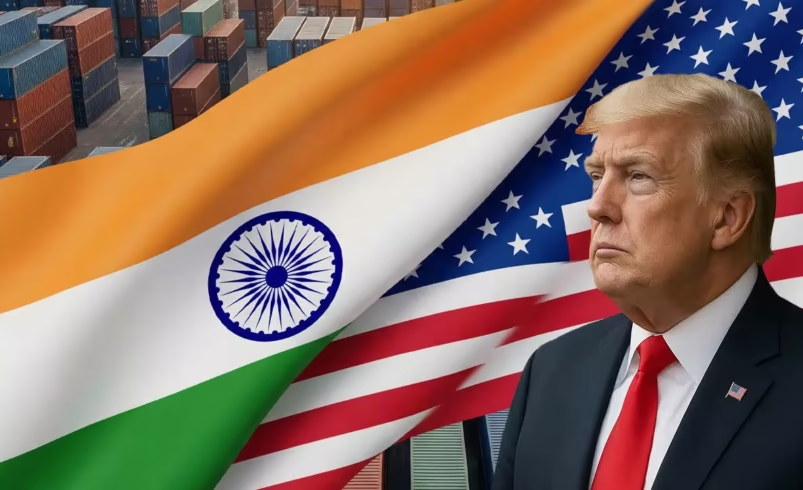US-India trade talks gain momentum amid oil import concerns
- September 14, 2025
- 0

Ongoing trade discussions between India and the United States have drawn renewed attention after US Commerce Secretary Howard Lutnick expressed optimism about the possibility of reaching an agreement. Speaking on the matter, Lutnick suggested that progress could be achieved if India takes steps to open its markets further and reduces reliance on Russian oil imports.
The remarks from Lutnick highlight a sense of confidence within Washington that longstanding trade differences can be resolved. While both nations have engaged in multiple rounds of dialogue over tariffs, market access, and investment opportunities, the latest comments suggest that a breakthrough may be within reach if key conditions are addressed.
According to Lutnick, one of the central elements for advancing negotiations is greater liberalization of India’s domestic markets. The United States has consistently emphasized the importance of reducing barriers for foreign companies seeking entry into India’s fast-growing economy. By creating a more open environment for international businesses, officials believe both countries could benefit from stronger economic ties and increased bilateral trade flows.
Another issue raised by Lutnick relates to India’s purchases of Russian oil. He noted that curbing such imports would be an important step toward aligning with Washington’s expectations in the broader trade framework. The United States has been vocal about discouraging energy deals with Russia, citing geopolitical concerns as well as their impact on global markets. For American negotiators, addressing this matter is seen as integral to moving forward with a comprehensive agreement.
A successful resolution to these discussions could carry significant advantages for both sides. For India, expanded access to American technology, investment capital, and export opportunities could strengthen its economic growth trajectory. For the United States, improved access to Indian markets would provide new opportunities for American businesses across sectors such as manufacturing, agriculture, and services. The mutual benefits underscore why both governments continue to prioritize these talks despite occasional challenges.
Beyond economics, the tone of optimism from Lutnick signals potential progress in strengthening broader ties between the two nations. Trade agreements often serve as cornerstones for deeper cooperation in areas ranging from security partnerships to technological collaboration. By addressing contentious issues like market openness and energy sourcing, both countries may lay the groundwork for a more stable and mutually beneficial relationship in the years ahead.
The latest statements from Howard Lutnick reflect cautious but clear optimism about resolving differences between India and the United States on trade matters. While challenges remain—particularly regarding market reforms and energy imports—the willingness to engage constructively suggests that both sides see value in finding common ground. If successful, these negotiations could mark an important step toward enhancing economic cooperation while reinforcing strategic ties between two major global players.